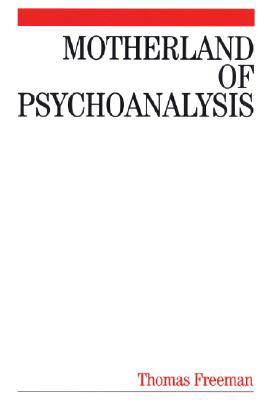
- Afhalen na 1 uur in een winkel met voorraad
- Gratis thuislevering in België vanaf € 30
- Ruim aanbod met 7 miljoen producten
- Afhalen na 1 uur in een winkel met voorraad
- Gratis thuislevering in België vanaf € 30
- Ruim aanbod met 7 miljoen producten
Zoeken
€ 63,95
+ 127 punten
Omschrijving
Dr. Thomas Freeman trained as a psychoanalyst and practised in an NHS psychiatric hospital. This book represents a condensation of his vast clinical experience in the joint areas of psychiatryand psychoanalysis over 40 years and was completed shortly before his recent death.
Specificaties
Betrokkenen
- Auteur(s):
- Uitgeverij:
Inhoud
- Aantal bladzijden:
- 100
Eigenschappen
- Productcode (EAN):
- 9781861564474
- Verschijningsdatum:
- 15/10/2004
- Uitvoering:
- Paperback
- Afmetingen:
- 154 mm x 231 mm
- Gewicht:
- 222 g

Alleen bij Standaard Boekhandel
+ 127 punten op je klantenkaart van Standaard Boekhandel
Beoordelingen
We publiceren alleen reviews die voldoen aan de voorwaarden voor reviews. Bekijk onze voorwaarden voor reviews.











